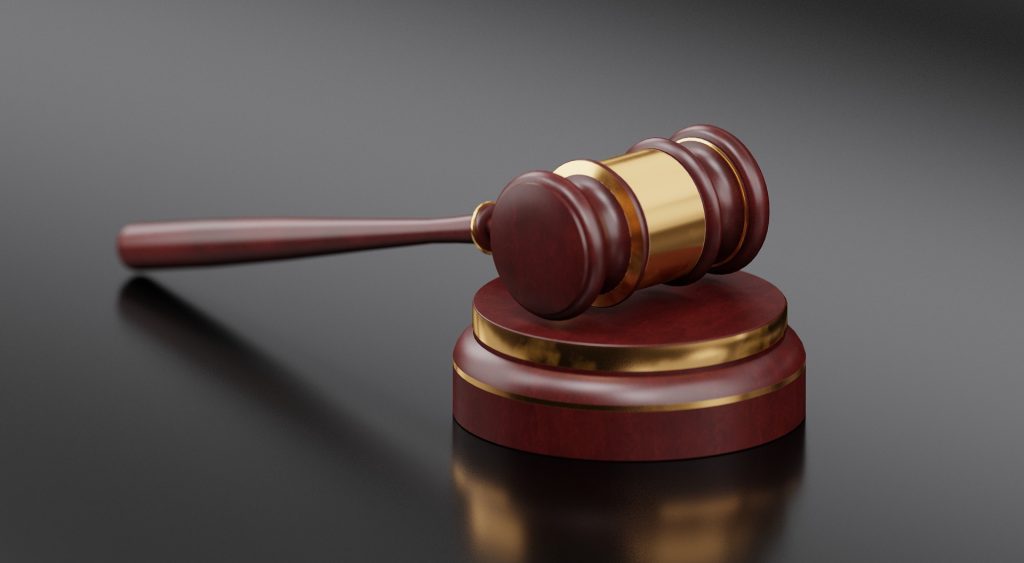- The UK has proposed an amendment to the Criminal Justice Bill which would make creating and sharing sexually explicit deepfakes an offence.
- If found guilty, offenders could find themselves saddled with a criminal record, a fine, or jail time.
- Glamour magazine found that at least 250 British celebrities appear in deepfake videos.
The United Kingdom’s Ministry of Justice has proposed a new offence that would see those creating and sharing sexually explicit deepfakes saddled with a criminal record and a fine with no limit. Furthermore, if an image is shared widely, offenders could be put behind bars.
This offence would be introduced as an amendment to the Criminal Justice Bill and would serve to protect women and girls who are often the target of sextortion by way of explicitly deepfakes.
“The creation of deepfake sexual images is despicable and completely unacceptable irrespective of whether the image is shared,” Minister for victims and safeguarding, Laura Farris said in a statement.
“It is another example of ways in which certain people seek to degrade and dehumanise others – especially women. And it has the capacity to cause catastrophic consequences if the material is shared more widely. This government will not tolerate it. This new offence sends a crystal clear message that making this material is immoral, often misogynistic, and a crime,” Farris added.
According to a press statement, the UK appears to be linking the creation of deepfakes with its existing upskirting offence.
There appears to be a growing problem with deepfakes in the UK. According to a report from Glamour earlier this month, at least 250 British celebrities appear in sexually explicit deepfake videos.
Among those celebrities is Love Island contestant from 2015, Cally Jane Beech. Earlier this year, Beech discovered that deepfake images of her were being circulated online.
“I became a victim of AI deep fakes. A mere photograph, innocently taken, had been distorted. My underwear was stripped away, and a nude body was imposed in its place and uploaded onto the internet without my consent. The likeness of this image was so realistic that anyone with fresh eyes would assume this AI generated image was real when it wasn’t, nevertheless I still felt extremely violated,” Beech told Glamour.
The magazine ran a survey recently and 91 percent of respondents said they believe deepfake technology poses a threat to the safety of women.
Last month, an English man became the first to be sentenced for the crime of cyberflashing. He will spend 66 weeks behind bars for sending nude photos to a minor.
In February the US announced plans to tackle this scourge as well although it appears to be approaching this move from the standpoint of stopping scammers.
“Fraudsters are using AI tools to impersonate individuals with eerie precision and at a much wider scale. With voice cloning and other AI-driven scams on the rise, protecting Americans from impersonator fraud is more critical than ever,” chair of the Federal Trade Commission, Lina Khan told the World Economic Forum.
“Our proposed expansions to the final impersonation rule would do just that, strengthening the FTC’s toolkit to address AI-enabled scams impersonating individuals,” Khan added.
South Africa meanwhile hasn’t broached the topic of deepfakes and it should considering how rapidly the technology used to create them is evolving.

